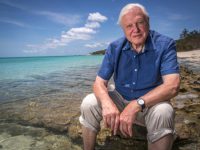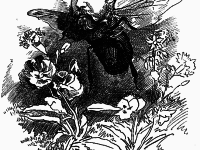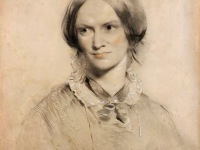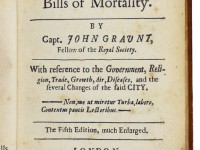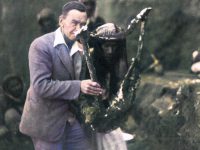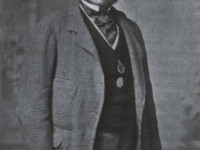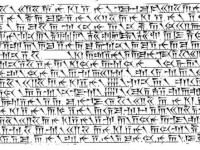Gabriel Dante Rossetti and the Pre-Raphaelite Brotherhood
On May 12, 1828, English poet, illustrator, painter and translator Gabriel Charles Dante Rossetti, generally known as Gabriel Dante Rossetti, was born. Rossetti founded the Pre-Raphaelite Brotherhood in 1848 with William Holman Hunt and John Everett Millais. Later he became the main inspiration for a second generation of artists and writers influenced by the movement, most notably William Morris [1] and Edward Burne-Jones. “I am not as these are, the poet saith…
Read more


